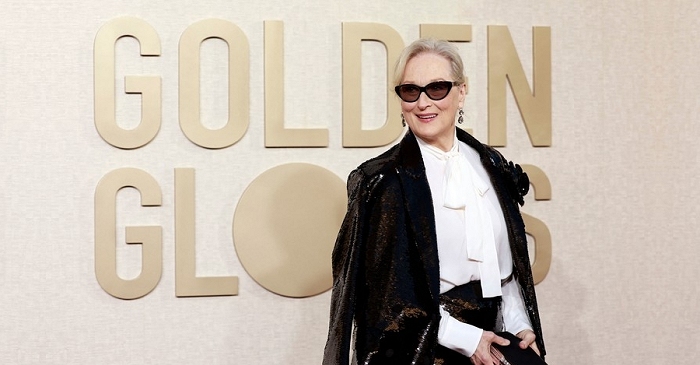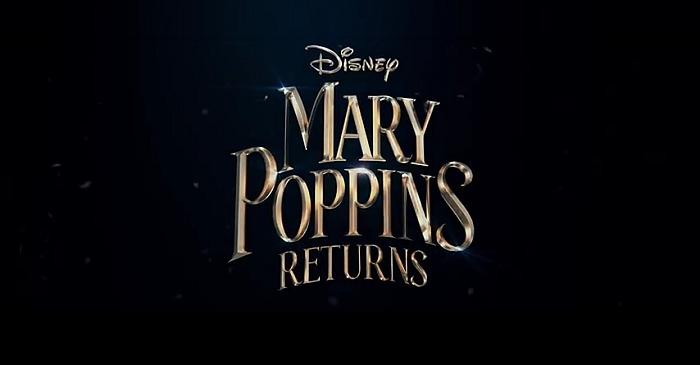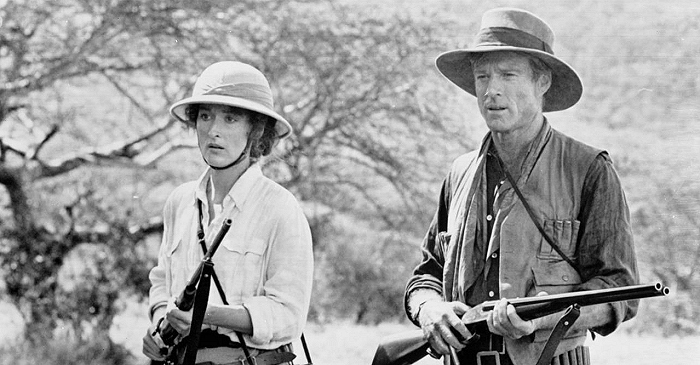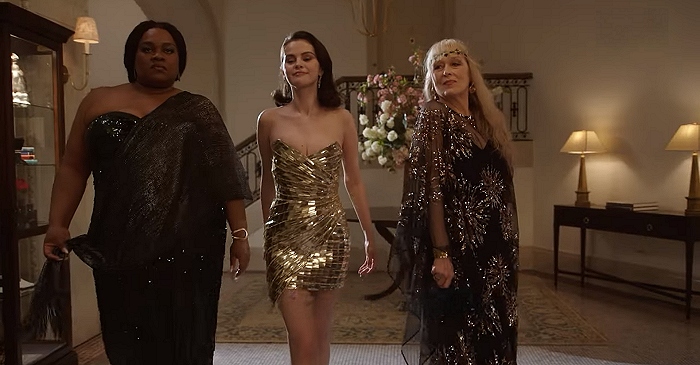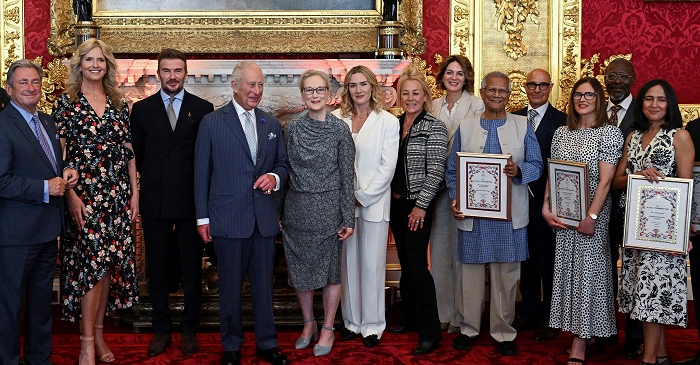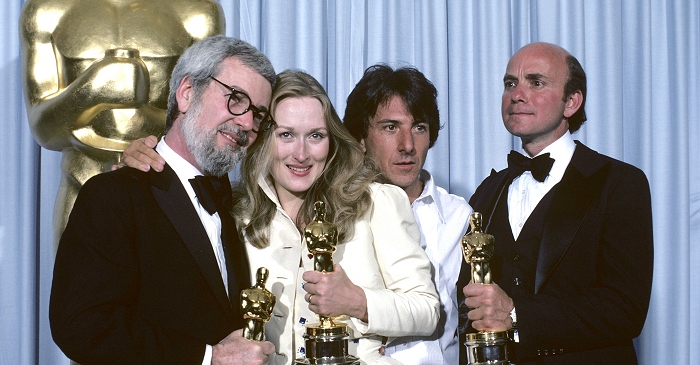|
Simply Streep is your premiere online resource on Meryl Streep's work on film, television and in the theatre - a career that has won her acclaim to be one of the world's greatest living actresses. Created in 1999, Simply Streep has built an extensive collection over the past 25 years to discover Miss Streep's body of work through thousands of photographs, articles and video clips. Enjoy your stay and check back soon.
|
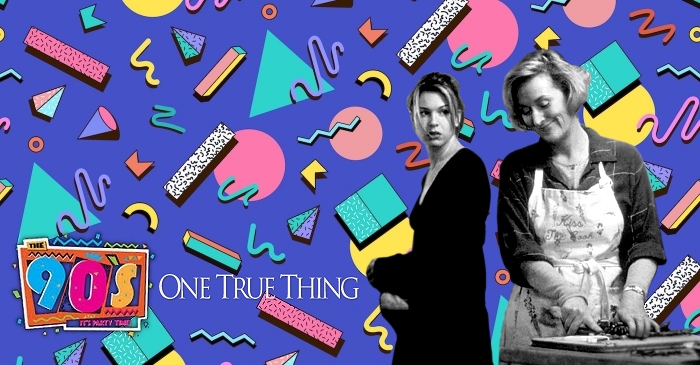
Only three films remain for our coverage of Streep in the 1990s. All three fall into the category „films that wouldn’t be made today“ or “there wouldn’t be an audience at all”. Truth to the bold, it’s a miracle these films were released theatrically in the 1990s anyway, was it not a testament to Streep’s star power to greenlight projects about cancer, dancing sisters in Ireland and music teachers. Such is the case for „One True Thing“, which, on the outside, looks like a movie-of-the-week on Lifetime, a problem film for the privilegded white, or a film about noble housewives whose equally invested into flower arrangements as she is into her illness. But as the film looms on you with beautifully photographed scenery, it cuts deep – and reminds you why Streep has been recognized as one of the best character actresses of her time. In „One True Thing“, Streep delivers one of her most touching performances of the decade.
Before becoming an author, Anna Quindlen was a New York Times columnist. She left her job after 25 years in the newspaper business to write about the cause close to her heart – her mother’s death by cancer at the age of 40. “There’s a grand tradition in Irish Catholic families of daughters sacrificing themselves for the good of the whole,” says Quindlen in a 1994 People Magazine article, who, like Ellen Gulden, in the book went home to tend her mother during her last five months. The experience has defined her life. “I didn’t have to excavate very far when I was writing „One True Thing,” she says. “You don’t forget the way cancer smells, and sounds, and looks, and progresses.” A frailer daughter might have been derailed, but, says Quindlen, “it railed me. When I went back to school, I was a grown-up.”
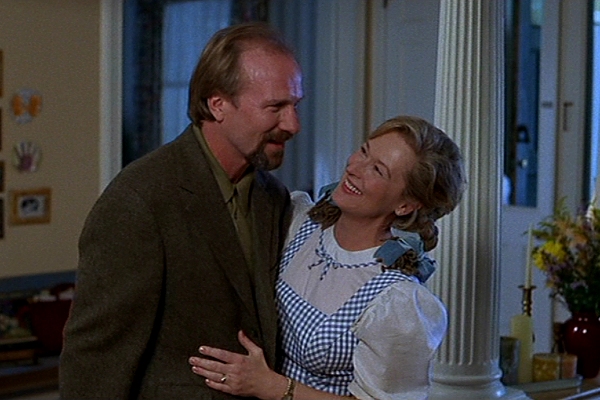
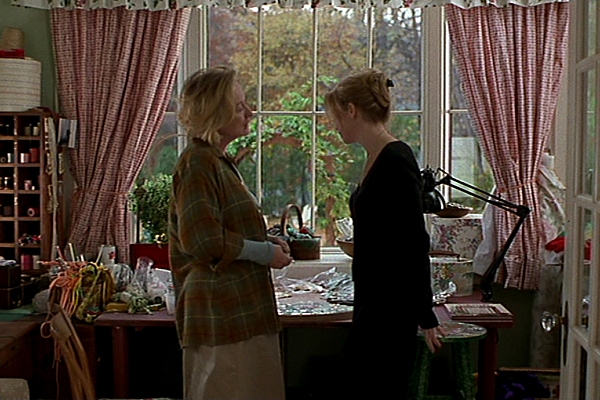
The book, as the film, is far from a disease-of- the-week picture, and it’s not the usual number about families coming together in bad times. Illness is a backdrop for a more complicated story about a young woman’s finding her values tested and discovering the mother she took for granted. The perspective is unique. “One True Thing” is a kind of feminist celebration of housework. The movie honors what it means to be a housewife, not in the usual sentimentalized way but from a hard-edged perspective that recognizes the hours, the creativity and the sacrifice involved. This point of view sneaks up over time. Ultimately, “One True Thing” is not really about an adult woman’s relationship with her father or mother. It’s more subtle. It’s about her relationship with the internalized Mom-and-Dad within — and how a crisis causes her to reassess what she values. The daughter’s gradual recognition of the part of herself most like her mother isn’t a sappy discovery. It’s framed in hard terms and has to do with turning away from a one-sided, masculine, conflict- oriented view of existence.
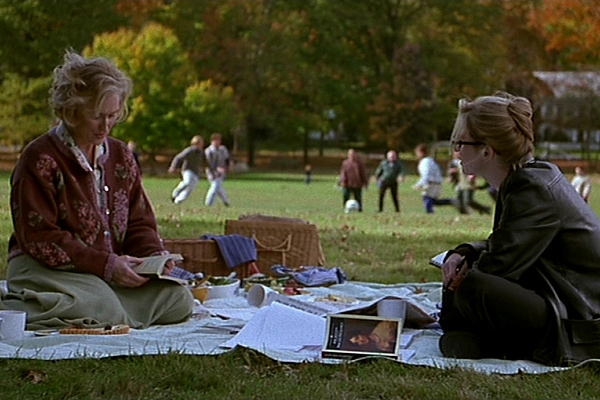
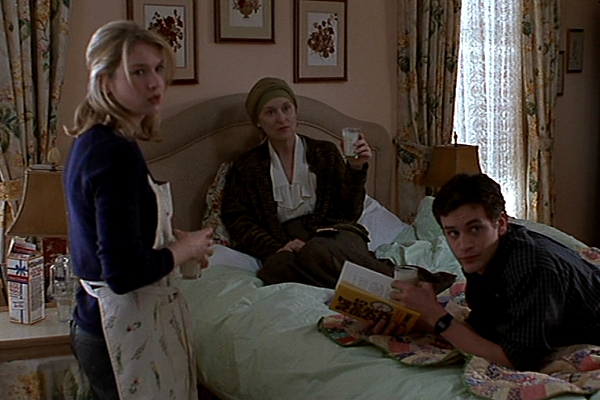
Meryl Streep and Anna Quindlen share a connection – they both attended Barnard College (although to different times). Streep’s casting elevated the film from movie-of-the-week to feature film release. Universal hired Carl Franklin to direct the film – which might seem an odd choice, given Franklin’s background in gritty action thrillers (including the critically lauded „One False Move“). But Franklin loved the idea of telling a story on how we see our parents in a different light, „the ones who were always taller and more authoritative than us“, how the relationship changes when the child comes of age, and how dramatic or enlightening it can sometimes be. Streep was paired on screen with William Hurt, for the first time in their careers, after having worked extensively with his first wife, Mary Beth Hurt at the Public Theater in the 1970s. Ellen Gulden is played by Renee Zellweger, fresh off her starmaking turn opposite in „Jerry Maguire“ and a couple of years short of being a two-time Academy Award winner.
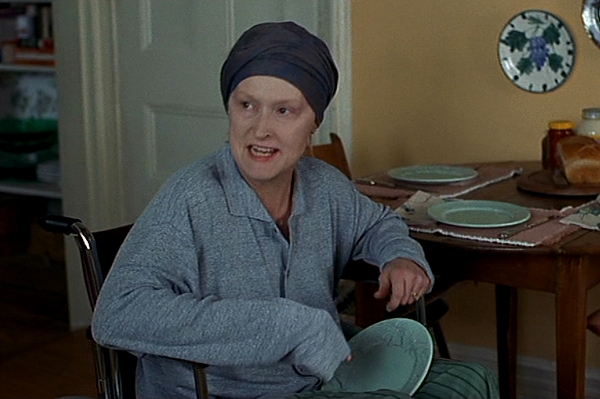
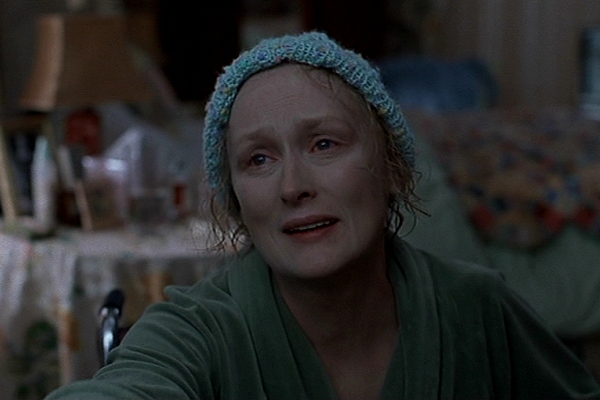
Upon its theatrical release in September 1998, „One True Thing“ drew in some modest reviews, although it didn’t bring its $30 million budget back (it made $26 million). The praise for Streep was universal. The San Francisco Chronicle reviewed Streep’s performance as one of the year‘ best: „Hurt and Zellweger are sensitive and memorable. To their credit, they form more than just a backdrop for one of the year’s great performances – Streep’s. After “One True Thing,” critics who persist in the fiction that Streep is a cold and technical actress will need to get their heads examined. She is so instinctive and natural – so thoroughly in the moment and operating on flights of inspiration – that she’s able to give us a woman who’s both wildly idiosyncratic and utterly believable. The role demands a lot. Though Mom is ditzy and, at times, irritating, we come to recognize her as the family’s most original creative spirit. The housewife and mother emerges in “One True Thing” as not only the wisest and most humane figure in a family of bright lights, but as the most talented“. She received nominations for the Golden Globe, Screen Actors Guild Award and an Academy Award nomination for her performance.
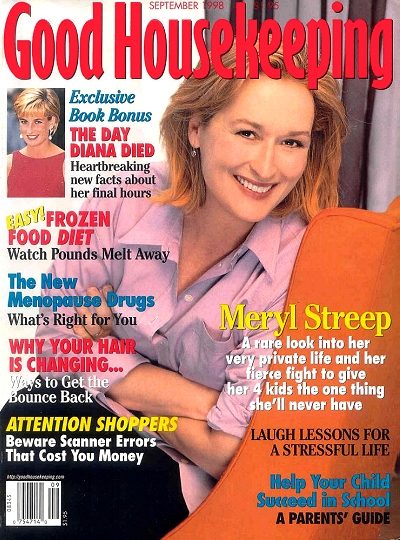
Good Housekeeping
September 1998
|
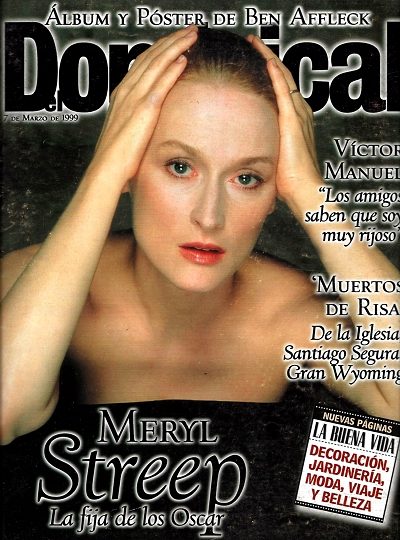
El Dominical
March 07, 1999
|
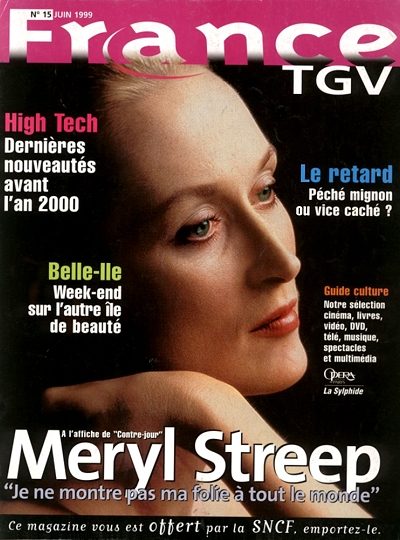
France TGV
June 1999
|

Télé Cable Satellite Hebdo
June 05, 1999
|



